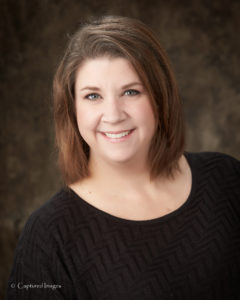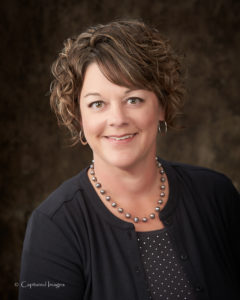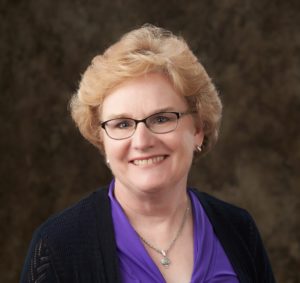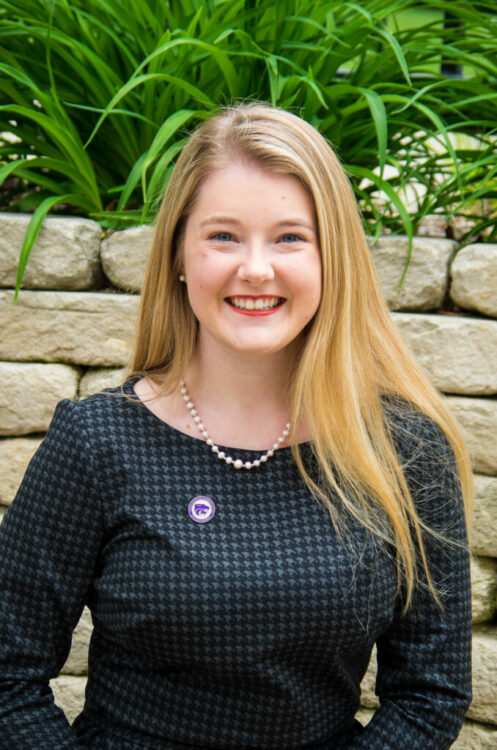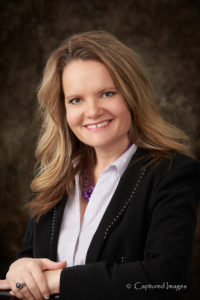
Submitted by Carla Nemecek, Southwind Extension District
Funny story – I wrote this paragraph for my column in February of 2019 and apparently, I had no idea what was in my future, our future, only one year later! “As we are all aware, we are living in a time of rapid change. There have always been changes taking place in our communities, but the different thing today seems to be the rate of change. It happens so fast that we sometimes feel we can hardly keep up. No doubt, with emerging community issues and school activities in full swing, I can relate to struggling to keep up with change.”
I bring this to your attention because the Southwind Extension District is offering a way to help you navigate this constant change by offering a virtual Community Board Leadership Series. Whether you are elected, appointed, or even volunteered to serve or work with a team this series will help you learn the skills necessary to be successful.
The series will be offered on Tuesdays & Thursdays, February 16, 18, 23 and 25 from Noon to 1:00 pm. Workshop participants will meet virtually and upon registration will receive a link to participate in the live, web-based discussion. Sessions will include Organizing/Leading Effective Meetings, Generations & Behavioral Management, Understanding Fellow Board Members and Conflict Management, and then we will wrap up with Strategic Planning to learn more about establishing a common mission and vision for the board, and how to plan priorities for the future.
We are all busy – and some days in can be overwhelming. Personally, I admit that thinking about all of my personal and professional obligations can be downright stressful. This time of the year, many organizations are reorganizing and looking for volunteer leaders. Regardless of your age, I challenge you to consider your leadership role within your community and look for avenues to serve. It may be through an after-school program, 4-H project leader, local government, or even in your church.
Pre-registration for the event is required by February 12, 2021. The cost of $20 covers for all four sessions for one board member. Each registration buys a seat, which can be rotated by participants. Registration also includes a copy of the meeting materials that will be mailed prior to the workshop. Registration is available at www.bit.ly/BoardLeadership2021 or by going to www.southwind.k-state.edu. If you have questions or would prefer to register by phone, please contact Carla Nemecek at the Southwind Extension District, 620-365-2242.
Carla Nemecek
Southwind Extension District
Director & Agent
[email protected]
620-365-2242
1 North Washington, Iola, KS 66749
…

